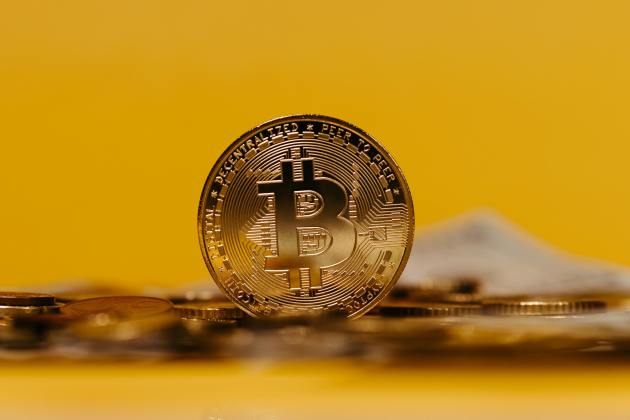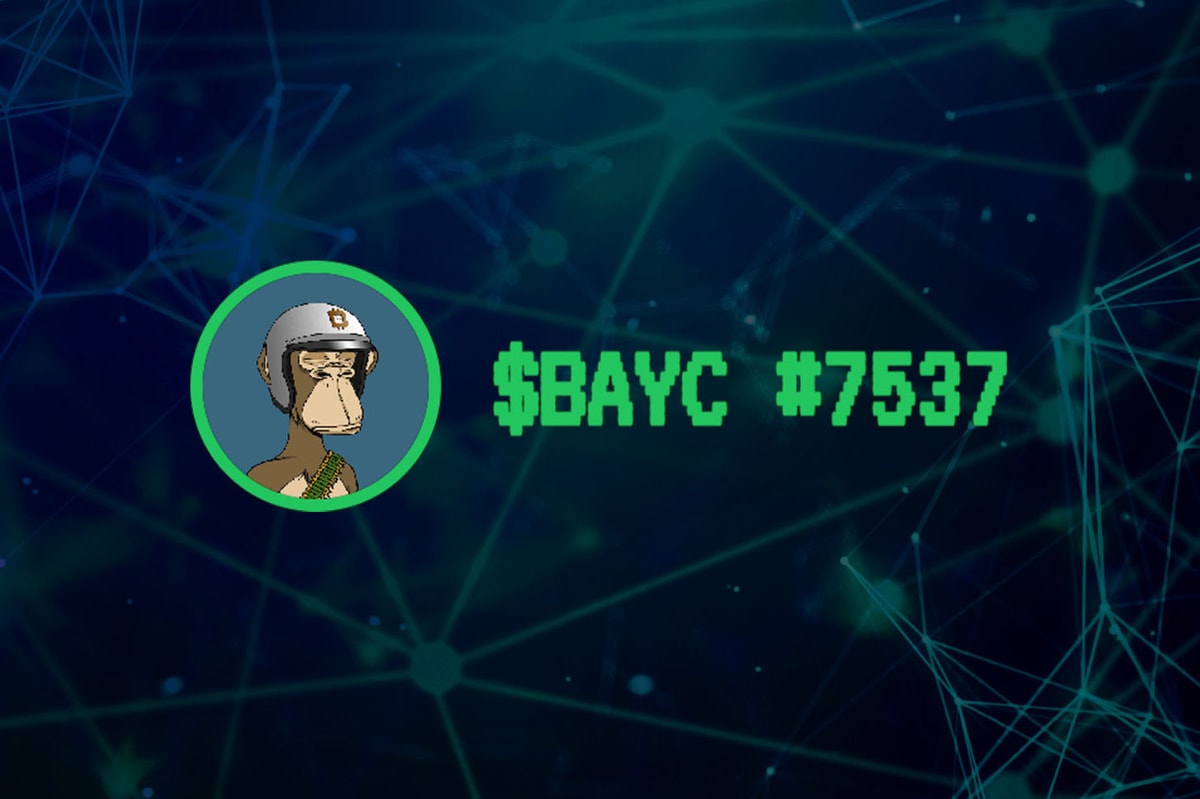On May 9, the board of directors at the Federal Reserve held its quarterly meeting with the Federal Advisory Council to discuss pressing matters within the Fed’s jurisdiction.
Among the issues discussed was Bitcoin, and from the minutes of that meeting, it sounds as though some relatively progressive ideas about crypto-currencies are taking hold in the Fed.
In fact, the minutes even note that Bitcoin could be “a boon” to the economy.
These sentiments, however, are not novel, even in Washington. The Bitcoin Senate hearings last November touched on the currency’s importance as a financial innovation, as well.
What is particularly novel in this document is the apparent lack of hand-wringing over Bitcoin’s potential to facilitate crime. Here is what the minutes say about Bitcoin’s use in “illicit” economic activity:
Illicit applications are rampant but not endemic to Bitcoin; sovereign-issued currencies and other precious goods are similarly used.
Sizing estimates for the world’s black markets reach into the trillions of dollars. At this stage, the total value of Bitcoin is approximately $6 billion, a sum that is dwarfed by other forms of payment, whether illicit or not.
The FAC acknowledges that Bitcoin is just like cash or gold in its ability to fund criminal activity.
Contrast that to comments made in November by Mythili Raman, acting assistant attorney general of the DOJ’s criminal division, who was alluding to Silk Road:
There are many criminals migrating to hidden services on the internet, and that has been a challenge for law enforcement.
It can be frustrating to the public to see another website pop up after one that seems similar to it just having been taken down, but it is incredibly important for us to be taking those steps.
That’s not quite apples to apples, comparing statements from the Fed to statements from the Department of Justice. Each organization has its own interests, and the DOJ is going to naturally worry more about crime-fighting.
Still, there is enough in these minutes to suggest mainstream perception of Bitcoin, at least in Washington, has evolved beyond concerns over black market dealings and price volatility.
Price Volatility
The minutes note that the fluctuating price of one bitcoin relative to the dollar leaves “room to improve”:
Extreme price volatility is similar to other speculative forms of stored value, undermining Bitcoin’s credibility. This volatility is likely to diminish over time.
The Banking System
The FAC also concludes that Bitcoin “does not present a near-term threat to the banking system by way of disintermediation”:
While it does have peer-to-peer utility, the network effect has prevented adoption from accelerating to the point where Bitcoin supplants traditional payment methods.
Bitcoin transactions correspond to only a fraction of today’s global fund flows.
That said, Fed and FAC officials are clearly aware of the benefits Bitcoin offers and the protocol’s potential, especially in parts of the world with difficult to access banking services:
Bitcoin’s longer-term impact could be more pronounced and require adaptation by payment processors.
- Lower transaction fees, particularly for small transactions, are especially attractive to merchants.
- While existing payment networks have a footprint advantage, it is largely confined to the developed world. Bitcoin enables cheap international remittance to the developing world and the developed world’s “unbanked,” expanding financial inclusion.
- Consumers are likely to use Bitcoin if they perceive its benefits – namely faster settlement and geographic flexibility – to exceed those of its alternatives.
Regulation
The minutes do still advise some kind of federal regulation of Bitcoin, though Federal Reserve Chairwoman Janet Yellen has already said regulation will not be her organization’s responsibility.
The minutes note three areas of concern: customer protection, the abovementioned “illicit use,” and the so-called Balkanization of inconsistent patchwork rules.
On consumer protection:
Bitcoin’s most obvious consumer flaw is its susceptibility to theft, which can be addressed in several ways:
- Supervised risk management of Bitcoin exchanges, including requirements for business continuity planning.
- Regulatory oversight to ensure that exchanges invest in appropriate cyber and other security measures. This includes fully secure storage of Bitcoin wallets.
- Additional consumer protections would be fraud prevention, a forum for transaction disputes, and disclosure of Bitcoin’s risks and costs.
- On avoiding Balkanization:
Consistency across geographic areas is necessary to preempt regulatory arbitrage, as is consistency with regulations governing existing payment networks.
Recent guidance from regulators indicates growing awareness of the need for oversight:
- The Internal Revenue Service has characterized Bitcoin as property rather than currency for tax purposes, effectively making each transaction a taxable event and increasing recordkeeping requirements.
- The Financial Crimes Enforcement Network (FinCEN) guidance obligates certain Bitcoin participants to register as money service businesses, subjecting them to greater reporting and recordkeeping requirements.











